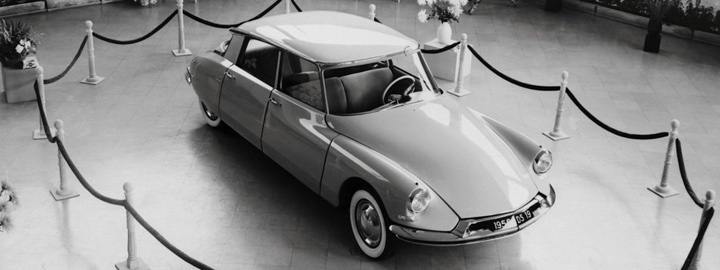|
Dry
Talking pictures deserve a place in world literature for allowing people to entertain themselves. This phenomenon ought to invent a whole new phase in literary criticism. Literary critics who do not like movies will be forced to go to Youtube and start from the beginning. Let's say with 'Birth of a Nation'. Expert words of praise and condemnation would ensue about the politics and the suspected prejudices of its maker but surely what is truly interesting is the insight, not necessarily into the work itself but into the nature of the audience; each ear and every eye for whom the film was intended.
In the written word, the contrasts and opposites depend on how the mind is interpreting the narrative. In a movie contrasts, both seen and heard, are explicit and so lightness and darkness can seem to exist in opposition, but are they? It would be made clear that dry and wet are not necessarily opposites so much as different states of saturation, opposites only in the sense of one being at one end and the other at the other end of the same string. Opposites such as love and hate are not on a spectrum. Some philosophers argue that they are not opposites at all but two distinct relational realities that pertain to being. Between dry and wet there are specific words for the intermediate states like: damp, humid, moist, and towards the drier end words like: arid, barren, parched, etc.. Black and White are on a spectrum, yet there is only one word for the middle states: grey. That may be because the shade is continuous but not infinite, strangely.
First silent and grey, then moving but still silent and grey, then moving and talking but still grey, then moving and talking in colour. Cinemascope then produced some masterpieces. 99% of all movies ever made are by now talking pictures. There is a mountain of cultural material out there that someone somewhere sometime greatly enjoyed and thank you very much! Now among the junk heaps might be hidden some real gems; real works of art, greatly unnoticed then but now perhaps very relevant again, to watch, asking pertinent questions like; why does Film Noir seem so dry? For a more limpid view of human drama, one need look no further than the plethora of excellent British movies from 1945 to around 1957.
"One would like to ask you sincerely, film, noir or whatever, might be dry but what is dry about a glass of wine, apart from the outside of the glass? And yet there it is, on the label, 'Dry White Wine'. Don't you see, surely a 'dry' wine is no wine at all!" Please, Wait! That is not what I intend to mean. Dry, as I said, hovers on one side of an extremely broad spectrum. "Oh,,,,, ho,,,,, and you sir, one observes, have eyes to see, ears to hear and the tongue of a brigand!"
- Bevagna, 14 12 2016
|

